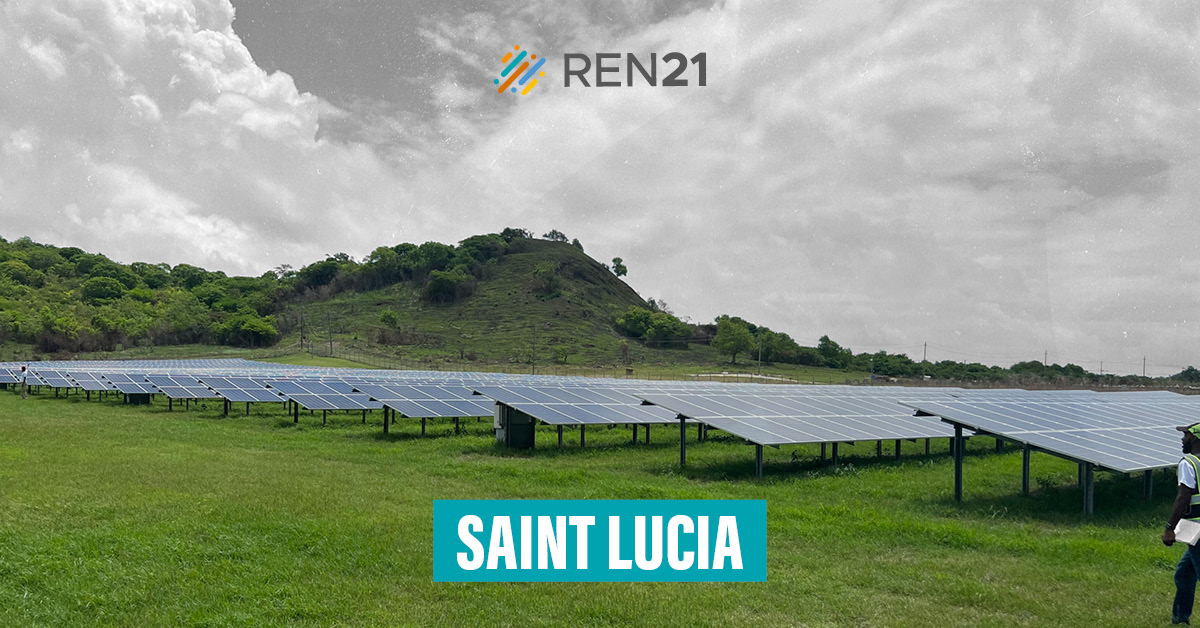In the span of just over a decade and under the leadership of former Energy Secretary Ramon Mendez, Uruguay has achieved one of the most remarkable energy transitions in the world, transforming from a country reliant on imported fossil fuels to a global leader in renewable energy, unlocking health and economic benefits on the personal, national and global level.
This small South American nation, with a population of just over 3.5 million, now derives almost 98% of its electricity from renewable sources, wind, solar, biomass waste, and hydropower. The journey was neither easy nor immediate, but it offers valuable lessons to the world on how to manage an energy transition effectively. The green transition freed the country from an increasingly tenuous and unstable energy system.
The evidence of the benefits for people, planet and the economy from renewable energy has grown increasingly clear over time. But as one of the first nations to adopt renewables so widely, many of these benefits were relatively unknown when Uruguay embarked on its renewable energy transition in 2009.

When Mendez took charge of the Energy Ministry in Uruguay in 2008, the country was living in a perfect storm. At the time, Uruguay relied on existing hydropower plants and imported fossil fuels for energy supply amidst a rapidly growing economy that required more costly energy.
“There wasn’t a single wind or solar farm in the country, or use of biomass and waste for energy generation,” Mendez said.
With La Niña Phenomenon, which heats up the Pacific Ocean, reducing precipitation and water in rivers, hydropower couldn’t deliver. This led to severe energy shortages at a time when energy demand was rising. As a result, electricity costs shot up, hitting the economy hard.
“We were really living in the perfect storm those days, because we didn’t have enough energy. We were importing (fossil fuels) and of course, emitting more greenhouse gases than ever,” said Mendez.
“In dry years we had terrible cost overruns. Imagine the impact on our economy when just the electricity sector, imposed costs overruns of the order of 2% of the global GDP,” he added.
For Mendez, it was a crisis to turn into an opportunity.
A physicist by training, Mendez was used to facing difficult problems with original solutions and this is exactly what he did to stop Uruguay’s dependence on imported and costly fossil fuels and shift to renewables.
Mendez knew that renewables were the best option to provide secure, stable and affordable energy for Uruguay’s citizens and shield the country from external factors such as price and market fluctuations.
“Renewables were the best option for us, because we didn’t have to import any more fossil fuels. We didn’t have to depend on the crazy fluctuation of energy commodity prices in the international market. We would rely solely on our own resources, which are wind, our sun, water, biomass and waste,” Mendez said.
“But of course, for that to happen, it was necessary to prove that an electric system could operate safely with a high percentage of intermittent sources and at a lower cost than one based on fossil fuels. And this, in 2008, was not a trivial task,” Mendez added.
Out of the box thinking and solutions meant that Mendez pursued a systemic overhaul rather than incremental change.
“People used to think that to achieve the energy transition, you needed to add renewables. This is very far from the truth. It’s not just about adding renewables. You have to really change the way you plan and operate the system because the business model for fossil fuels, which is what currently exists in all countries, is completely different from that of renewables,” said Mendez.
Mendez made sure to set up a whole new enabling environment from the political, institutional, market and regulatory perspectives.
“We had to build new systems to make the transition possible. We established long-term policies backed by the entire political system. Our long-term policies were approved by all parties represented in Parliament, and this was very important, because all parties embarked on one direction of travel allowing several consecutive governments to implement the new system,” Mendez said.
“We created a whole new ecosystem with new laws, new models, new skills and new institutions to prepare for the transition,” he added.
Mendez also stressed the importance of leadership, governance and discussing with all stakeholders to overcome the barriers and build on the opportunities to drive the transition.
‘We formed a unified coalition of political parties, civil society, and the private sector. We all agreed that this is the appropriate path to follow. When such a robust agreement is in place, no incoming governments can change it,” said Mendez.
The new system that Mendez and his team established ran on complementary sources of renewable energy dispatched together, consisting of 40% wind and 40% hydropower complemented by solar and biomass with zero battery storage.
“In Uruguay, we don’t have a single power battery. We don’t have energy storage. With complementarity of different sources, we managed to make the system work. It’s not a traditional system and it has been functioning well for the past 6 and 7 years,” Mendez said.
The long-term planning and the shift to renewables set forth by Mendez and his team unlocked enormous, primarily, socio-economic benefits.
The first and most important economic impact was on the energy sector itself. The transition made it possible to reduce the cost of electricity generation by 40%.
“This showed that, if the right conditions are created, renewables are by far the cheapest option to produce electricity. To make this possible, we had to understand that the key to such a capital-intensive investment is to reduce investors’ perception of risk”, said Mendez. This required a profound rethinking of the business model of the Uruguayan energy sector, to go from a short-term energy market to a long-term capacity market.
Based on a disruptive energy planning model, the government implemented bidding processes for renewable energy contracts, ensuring transparency and fair competition, while guaranteeing fixed prices for electricity over 20 years. This stability was essential for securing the large-scale investments required for wind farms and solar installations. Today, 100% of the demand is under long term contracts. This helped reduce, fix and stabilize energy costs them over time. The transition also created 50,000 new jobs, which is equivalent to 3% of the total labour force of the country and injected money in the economy from private sector investments.
“We received something like 5 to 6 billion dollars in only 4 to 5 years, which is more than 10% of the GDP of the country. This had a tremendous positive impact on the whole economy, far beyond just the power sector. Imagine the impact of increasing the labour force by 3% of the country in just one single sector,” said Mendez.
The other important benefits resulting from the energy transition in Uruguay are energy security and sovereignty.
“The shift to renewables didn’t only reduce and stabilise costs and create jobs, it achieved independence from geopolitical events and wars. Uruguay didn’t have any consequences from the tragic war in Ukraine because we no longer depend on gas, oil or coal imports. We just rely on our own resources,” said Mendez.
In the process of decarbonising the economy, the energy transition in Uruguay also produced valuable knowledge that Mendez actively shares in his travels throughout South America to replicate his country’s success story.
“We didn’t just create jobs, we produced new knowledge in entrepreneurship and industry which is currently being used by other countries to implement policies and develop wind and solar projects. We are also emitting 30 times less greenhouse gases than the world average per inhabitant. All these benefits are a testimony of a fantastic enterprise,” said Mendez.
In addition to establishing the appropriate enabling environment, long-term planning and the new system, Mendez stressed the importance of a unified national narrative centered around renewables’ social and economic benefits.
“For long, renewables were presented as the best solution for climate change. While this is true, the narrative should rather focus on the national socio-economic benefits especially that there are still many climate deniers. Renewables are the most affordable option that unlocks political, economic, social and geopolitical benefits and creates jobs,” Mendez said. Uruguay’s transition stands as a beacon for other nations—proof that even small countries can achieve large-scale change when there is political will, clear policy frameworks, and public-private collaboration. Its success highlights the importance of long-term planning, adaptability, and a commitment to sustainability.










